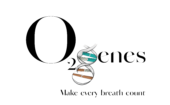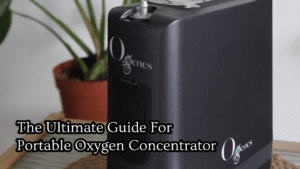Read white paper here Efficacy of Metabolically Supported Chemotherapy Combined with Ketogenic Diet, Hyperthermia, and Hyperbaric Oxygen Therapy for Stage IV Triple-Negative Breast Cancer
Abstract
Triple-negative breast cancer (TNBC) is more aggressive and metastatic than other breast cancer types. Cytotoxic chemotherapy is presently the predominant systemic therapy for TNBC patients. This case report highlights the influence of metabolically supported chemotherapy (MSCT), ketogenic diet (KD), hyperthermia (HT), and hyperbaric oxygen therapy (HBOT) in an overweight 29-year-old woman with stage IV (T4N3M1) triple-negative invasive ductal carcinoma of the breast. The patient presented with an observable mass in her left breast detected during a physical examination in December 2015. Magnetic resonance imaging revealed a Breast Imaging Reporting and Data System Category 5 tumor and multiple lymphadenomegaly in the left axilla. A Tru-Cut biopsy led to the diagnosis of a triple-negative nuclear grade 2 invasive ductal carcinoma. The patient was admitted to ChemoThermia Oncology Center, Istanbul, Turkey in October 2016, and a whole body (18F)-fluorodeoxyglucose (FDG)-positron emission tomography-computed tomography (PET-CT) scan revealed a 77 mm x 55 mm primary tumor in her left breast, multiple left pectoral and axillary lymph nodes, multiple widespread liver masses, and an upper left nodular abdominal lesion. The patient received a treatment protocol consisting of MSCT, KD, HT, and HBOT. A follow-up whole body 18F-FDG PET-CT scan in February 2017 showed a complete therapeutic response with no evidence of abnormal FDG uptake. The patient continued to receive this treatment protocol and in April 2017 underwent a mastectomy, which revealed a complete pathological response consistent with the response indicated by her PET-CT imaging. This single case study presents evidence of a complete clinical, radiological, and pathological response following a six-month treatment period using a combination of MSCT and a novel metabolic therapy in a patient with stage IV TNBC.






